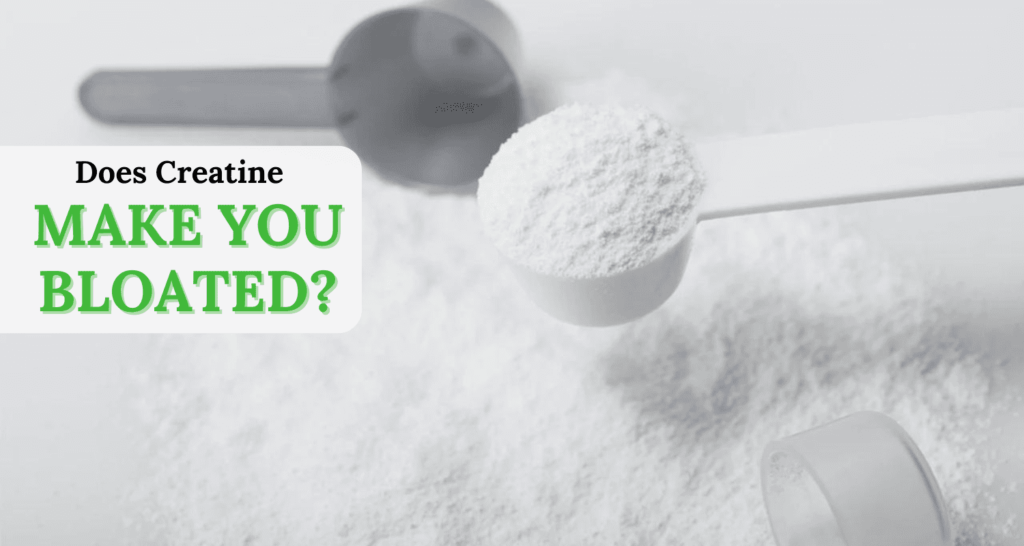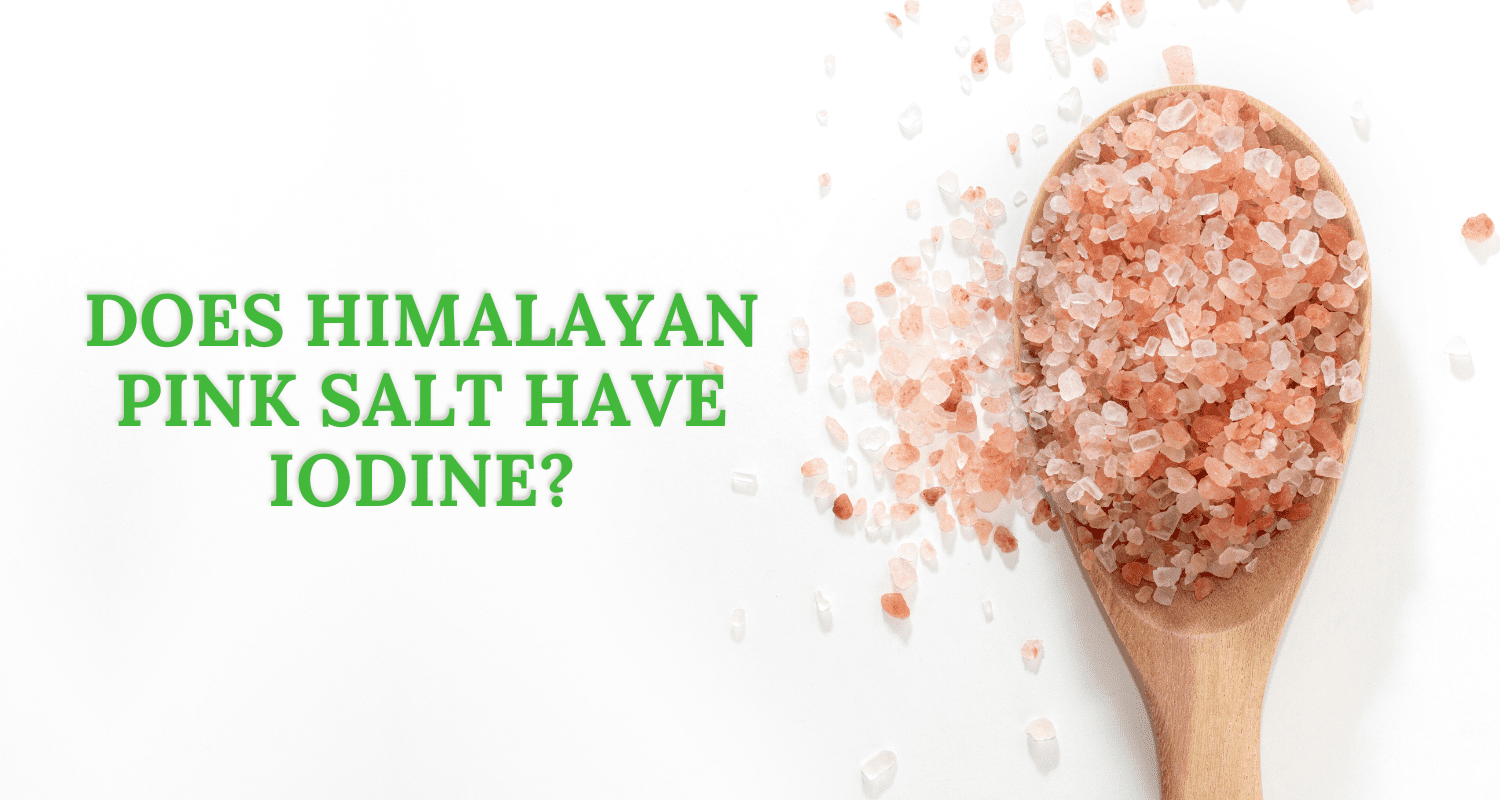Did you know that creatine is one of the most widely used and extensively researched supplements in the fitness industry?
It’s estimated that over 40% of athletes and bodybuilders incorporate creatine into their training routine to enhance muscle strength and performance.
But here’s an intriguing question: does creatine make you bloated?
This article will delve into the myths and facts surrounding this claim, exploring the potential side effects of creatine use, and providing practical tips to minimize bloating.
Let’s explore: does creatine make you bloated?
Key Takeaways:
- Creatine is a popular supplement used for enhancing muscle strength and performance.
- Does creatine make you bloated? There is a belief that creatine may cause bloating, but we will explore whether this is a myth or a fact.
- We will discuss the mechanism behind creatine’s effect on water retention and how it can lead to bloating in some individuals.
- Common stomach issues associated with creatine use and their contribution to bloating will be examined.
- We will provide practical tips to minimize bloating when using creatine, such as appropriate dosage, timing, and pairing with food or supplements.
Understanding Creatine’s Effect on Water Retention
When it comes to creatine supplementation, one of the commonly discussed topics is its effect on water retention in the body.
But, does creatine make you bloated?
Yes, Creatine can influence water levels, which can result in bloating for some individuals.
The mechanism behind this effect lies in the way creatine works in the body.
Creatine is known to draw water into the muscle cells, leading to increased intracellular water retention. This can result in a temporary increase in overall water weight and a feeling of bloating.
It is important to note that water retention caused by creatine is not the same as subcutaneous water retention, which is often associated with conditions like edema.
Creatine-induced water retention primarily occurs within the muscle cells and can lead to a fuller, more pumped appearance.
To minimize the potential bloating caused by creatine, it is crucial to stay adequately hydrated.
Drinking enough water throughout the day helps maintain a proper balance of fluids in the body and mitigate the water-retention effects of creatine.
Aim to consume at least 8-10 glasses of water daily while using creatine supplementation.
Furthermore, it is recommended to start with a lower dosage of creatine and gradually increase it over time.
This approach allows the body to adjust and minimize the likelihood of water retention and bloating.
Consulting with a healthcare professional or a certified nutritionist can also provide personalized guidance for your specific needs.
Here are some key points to consider regarding creatine and water retention:
- Creatine supplementation can increase water content within muscle cells, leading to temporary water retention and bloating.
- Staying hydrated is crucial to counteract the water-retention effects of creatine. Ensure you drink enough water throughout the day, especially during physical activities and exercise.
- Starting with a lower dosage and gradually increasing it can help minimize bloating associated with creatine use.
- Consulting with a healthcare professional or certified nutritionist can provide personalized advice tailored to your specific needs and goals.
By understanding how creatine affects water retention in the body, you can better manage any potential side effects and make informed decisions about its use.
Keep in mind that individual responses may vary, and listening to your body is crucial.
With the right approach, creatine supplementation can offer significant benefits without significant discomfort.
Common Stomach Issues Associated with Creatine Use
When it comes to taking creatine, some individuals may experience common stomach issues as a side effect.
These issues can range from mild discomfort to more significant digestive disturbances.
Understanding the potential stomach issues associated with creatine use is essential for making an informed decision about incorporating this supplement into your fitness routine.
Creatine side effects can manifest in the form of:
- Upset stomach: Some people may experience an upset stomach, nausea, or gastrointestinal discomfort after taking creatine. This can be caused by the supplement’s impact on the digestive system, leading to temporary stomach issues.
- Diarrhea: Diarrhea is another possible side effect of creatine use. It may be related to the supplement’s effect on water absorption in the intestines, leading to loose stools or more frequent bowel movements in some individuals.
- Bloating: Bloating is a common complaint among individuals taking creatine. The supplement’s ability to increase water retention in the body can contribute to feelings of bloating and discomfort in the stomach area.
These creatine stomach issues can be attributed to various factors.
The body’s response to creatine can vary from person to person, and certain individuals may be more sensitive to the supplement’s effects.
Additionally, inadequate hydration or exceeding the recommended dosage can exacerbate these stomach issues.
To mitigate the risk of experiencing these stomach issues, it is important to follow proper creatine usage guidelines.
Starting with a lower dosage and gradually increasing it can help the body adjust to the supplement.
Staying well-hydrated and drinking plenty of water throughout the day is also crucial for minimizing potential digestive disturbances.
Although stomach issues are possible side effects of creatine use, they are not experienced by everyone.
Each individual’s response to creatine can vary, and some individuals may tolerate the supplement without any adverse effects.
It is always recommended to consult with a healthcare professional before starting any new supplement regimen, especially if you have pre-existing digestive conditions or concerns.
Minimizing Bloating When Taking Creatine
When using creatine as a performance-enhancing supplement, some individuals may experience bloating as a side effect.
However, there are practical tips and strategies that can help minimize this discomfort and allow users to continue reaping the benefits of creatine without undue bloating.
1. Proper Dosage
One key aspect to consider is the proper dosage of creatine.
It is important to follow the recommended guidelines provided by reputable sources, such as healthcare professionals or trusted fitness experts.
By sticking to the correct dosage, individuals can avoid excessive water retention that may contribute to bloating.
2. Timing
Timing is another crucial factor when it comes to minimizing bloating with creatine.
Consuming creatine before or after a workout can help optimize its absorption and utilization by the body.
By considering the timing of creatine supplementation, users can potentially reduce the chances of experiencing bloating.
3. Pairing with Food or Specific Supplements
Pairing creatine with food or certain supplements can also be beneficial in minimizing bloating.
Taking creatine with a meal that includes carbohydrates, for example, can aid in optimizing its absorption.
Additionally, some individuals find it helpful to combine creatine with particular supplements, such as beta-alanine or electrolytes, to manage potential bloating.
4. Staying Hydrated
Proper hydration is essential when using creatine.
Staying hydrated throughout the day ensures that the body can effectively manage water retention and reduce bloating.
It is important to drink an adequate amount of water daily, especially when taking creatine, to support optimal hydration levels.
By implementing these practical tips and strategies, individuals can potentially minimize bloating when using creatine.
Remember to listen to your body, follow recommended guidelines, and consult with a healthcare professional if you have any concerns or experience persistent bloating.
Balancing Water Intake and Creatine Use
In order to understand the impact of water intake on bloating while taking creatine, it is crucial to comprehend the role of water in the body’s hydration levels and its relationship with creatine water retention.
Proper hydration can help minimize bloating and manage the potential side effects associated with creatine use.
Water is essential for maintaining optimal bodily functions.
It helps regulate body temperature, transport nutrients, support digestion, and lubricate joints.
When using creatine, maintaining a balanced approach to water intake becomes even more important.
One of the reasons creatine can cause bloating is due to its ability to attract water into muscle cells, leading to increased water retention in the body.
However, staying adequately hydrated can help minimize water retention and reduce the likelihood of bloating.
Strategies for Managing Water Intake with Creatine:
- Stay Hydrated: Make it a priority to drink enough water throughout the day to support your body’s hydration needs. The Institute of Medicine recommends approximately 3.7 liters (or about 13 cups) of total beverages for men and 2.7 liters (or about 9 cups) for women each day.
- Spread out Water Intake: Instead of consuming large amounts of water all at once, distribute your water intake evenly throughout the day. This approach can help optimize hydration and minimize water retention.
- Monitor Urine Color: Pay attention to the color of your urine as it can be a useful indicator of your hydration status. Clear or light-colored urine generally suggests adequate hydration, while dark-colored urine may indicate dehydration.
- Avoid Excessive Caffeine and Alcohol: Caffeine and alcohol are diuretics that can increase fluid loss from the body. Limiting your intake of these substances while using creatine can help maintain proper hydration levels.
By implementing these strategies, individuals can strike a balance between water intake and creatine use, effectively managing water retention and reducing the likelihood of bloating associated with creatine.
Addressing Individual Differences in Creatine Response
In our exploration of creatine and bloating, it’s important to consider that individual variations can play a significant role in how the body responds to creatine supplementation.
Factors such as metabolism, body composition, and genetic differences can all influence whether someone experiences bloating as a side effect of using creatine.
Metabolism, which refers to how the body processes and utilizes substances, can vary greatly from person to person.
Some individuals may have a faster metabolism, allowing them to efficiently process and eliminate creatine without experiencing bloating.
On the other hand, those with slower metabolisms may be more prone to bloating as creatine may be processed more slowly and result in water retention.
Body composition, specifically the ratio of muscle mass to body fat, can also impact how creatine is utilized in the body.
People with a higher muscle mass may find that their bodies are better able to absorb and retain creatine, potentially leading to increased water retention and bloating.
Conversely, individuals with lower muscle mass may experience less pronounced bloating effects.
Genetic differences can also influence an individual’s response to creatine.
Certain genetic variations may affect how the body processes and reacts to the supplement, potentially leading to variations in bloating symptoms.
However, further research is needed to fully understand the specific genetic factors involved.
Managing Individual Responses to Creatine
Understanding these individual differences can help users anticipate and manage creatine-induced bloating.
By monitoring their own body’s response and adjusting their creatine dosage accordingly, individuals can potentially minimize bloating effects.
It may be beneficial to start with a lower dosage and gradually increase it to gauge the body’s reaction.
Additionally, staying adequately hydrated is crucial for minimizing bloating.
Drinking plenty of water throughout the day can help flush out excess water retained during creatine supplementation for avoid bloating with creatine.
Pairing creatine intake with meals or specific supplements, as recommended by healthcare professionals or nutritionists, may also help minimize bloating by promoting optimal digestion and absorption.
- Monitor your body’s response and adjust creatine dosage accordingly.
- Stay adequately hydrated to help flush out excess water.
- Pair creatine intake with meals or specific supplements as recommended.
By taking these steps and being aware of individual differences in response to creatine, users can make more informed decisions and effectively manage any potential bloating or discomfort.
Conclusion
In conclusion, does creatine make you bloated? Yes, but the relationship between creatine and bloating is not a one-size-fits-all scenario.
While some individuals may experience bloating as a side effect of creatine use, it is important to note that not everyone will be affected in the same way.
By understanding the potential causes of most burning question: does creatine make you bloated and implementing strategies to minimize it, users can still enjoy the benefits of creatine without undue discomfort.
When it comes to bloating from creatine, water retention plays a significant role. Creatine can cause the body to retain water, leading to feelings of bloating.
However, by staying properly hydrated and maintaining a balanced approach to water intake, users can help manage water retention and reduce bloating.
It is also crucial to address common stomach issues that may occur when taking creatine.
Some individuals may experience stomach discomfort or digestive issues, which can contribute to bloating.
To avoid these problems, it is advisable to follow recommended dosage guidelines, time the intake of creatine with meals, and consider pairing it with a suitable supplement to support digestion.
Ultimately, does creatine make you bloated, when using creatine, it is essential to listen to your body and pay attention to how it responds.
If you experience significant bloating or have any concerns, consulting with a healthcare professional can provide personalized guidance.
By understanding your body’s unique response to creatine and taking proactive measures, you can avoid bloating and make the most of the performance-enhancing effects of creatine.
FAQs
Does creatine make you bloated?
While some individuals may experience bloating as a side effect of creatine use, it is not a universal experience. Factors such as dosage, timing, and individual differences can influence whether someone will experience bloating from creatine.
Does creatine bloating go away?
Yes, creatine makes you bloated and typically subsides as your body adjusts to the supplement.
Should I take creatine while trying to lose belly fat?
Creatine can aid in muscle growth and strength but doesn’t directly affect belly fat loss. It’s generally safe to use while trying to lose weight.
Does creatine make you look leaner?
Creatine can enhance muscle definition and appearance by increasing muscle mass and strength, but it doesn’t directly reduce body fat.
Does creatine make your body swell?
Creatine may cause some temporary swelling due to increased water retention in muscles, which is a normal response to the supplement.
Does 5g of creatine cause bloating?
For most people, a 5g serving of creatine is unlikely to cause significant bloating, especially when consumed with adequate water.
How much water should I drink on creatine?
It’s recommended to drink extra water while taking creatine to stay hydrated, usually about 8-16 ounces more than your usual intake.
Disclaimer: This content, including advice, provides generic information only. It is not a substitute for a qualified medical opinion. Always consult a specialist or your doctor for more information. Nutrition Cult does not claim responsibility for this information.




